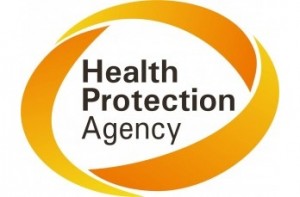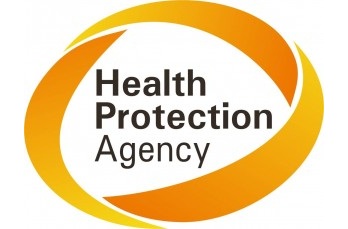Cases of whooping cough reported to the Health Protection Agency (HPA) in England and Wales have more than doubled from 421 cases in 2010 to 1040* in 2011. Increases in levels of whooping cough are seen every three to four years and figures in 2011 are in line with cases reported in the last peak year of 2008.
 |
| [relatedPosts title=”Related Posts”] |
|
|
Whooping cough affects all ages, but over the last few months the HPA has seen an increase in cases in teenagers and adults between the ages of 15–40. Whooping cough in older people can be an unpleasant illness but does not usually lead to serious complications.
Whooping cough, also known as pertussis, can be a serious illness, especially in the very young. The main symptoms are severe coughing fits which, in babies and children, are accompanied by the characteristic “whoop” sound as the child gasps for breath after coughing. Very young children have the highest risk of severe complications and death.
The infection can be treated with a course of antibiotics to prevent the infection spreading further but young infants may need hospital care due to the risk of severe complications.
Vaccination is the most important control measure in preventing this disease and children are offered whooping cough vaccine at two, three and four months of age as part of the routine childhood vaccination programme. The vaccine for whooping cough also protects against diphtheria, polio, Haemophilus influenzae type b – a cause of meningitis – and tetanus. Children should receive a booster at around three years of age, before they start school. It is important that children receive all these doses so that they can build up and keep high levels of immunity to the disease.
Dr Mary Ramsay, head of immunisation at the HPA said:
“We usually see a rise in cases of whooping cough every three to four years as the disease peaks in cycles, with 2008 being the last peak year.
“The uptake of the vaccine which protects against whooping cough is very good but it is a highly infectious disease so when there is a case it can spread quickly. Parents should ensure their children are up to date with their vaccinations so that they are protected at the earliest opportunity. The pre-school booster is also important, not only to boost protection in that child but also to help prevent them passing the infection on to vulnerable babies, as those under four months cannot be fully protected by the vaccine.
“Whooping cough can be a very unpleasant infection. Anyone showing signs and symptoms – which include severe coughing fits accompanied by the characteristic “whoop” sound in young children but as a prolonged cough in older children and adults – should visit their GP as soon as possible.
“The HPA has written to GPs to remind them of the signs and symptoms of this infection and stress the importance of vaccination. The agency is also encouraging GPs to report cases quickly to reduce the spread of the infection and make them aware of the HPA’s guidance for the management of whooping cough cases.”
Further Information
1. The provisional numbers of confirmed cases recorded and published today by the Health Protection Agency reflects the total cases which have been tested and then confirmed as positive for pertussis. In some instances, for example in an outbreak situation, the HPA may not necessarily receive a sample for testing from every suspected case and therefore the true number of confirmed cases may be higher.
2. The 1040* total of laboratory confirmed whooping cough cases reported to the HPA are a provisional total. Number of laboratory confirmed whooping cough (pertussis) cases in England and Wales for 2011 by region:
| Region | Total |
| East Midlands | 122 |
| East of England | 100 |
| London | 87 |
| North east | 69 |
| North West | 107 |
| South East | 182 |
| South West | 163 |
| West Midlands | 65 |
| Wales | 69 |
| Yorkshire and Humber | 76 |
| England and Wales total | 1040* |
3. Annual laboratory confirmed cases of whooping cough in England and Wales since 2008:
- 2011 – 1040 cases (provisional)
- 2010 – 421 cases
- 2009 – 722 cases
- 2008 – 902 cases
.





